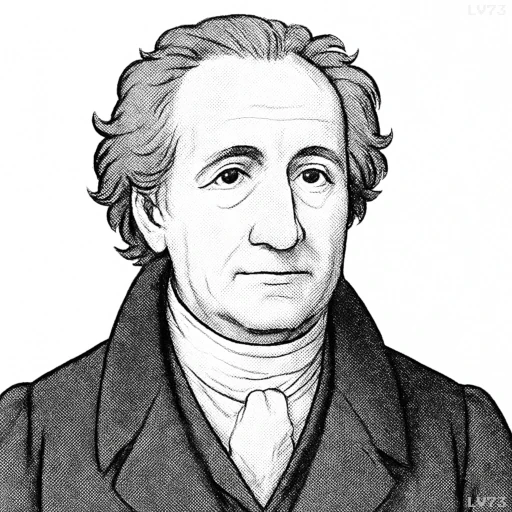“We cannot fashion our children after our desires, we must have them and love them as God has given them to us.”

- August 28, 1749 – March 22, 1832
- German
- Poet, playwright, novelist, philosopher, politician
table of contents
Quote
“We cannot fashion our children after our desires, we must have them and love them as God has given them to us.”
Explanation
Goethe reflects on the idea that parenthood is not about shaping children to fit our own expectations or desires, but about accepting and loving them for who they truly are. Children are not products of our own will or imagination—they come with their own personalities, strengths, and challenges. As parents or caregivers, the role is not to force children into a mold of our own making, but to embrace them with love, patience, and understanding, accepting them as they are. This involves letting go of the desire to control every aspect of their lives and instead supporting them as they develop into their own individuals.
Historically, this idea reflects the Romantic period’s emphasis on individuality and the acceptance of people as they naturally are. During Goethe’s time, there was a growing appreciation for personal freedom and the uniqueness of each person. Goethe understood that love, especially parental love, is unconditional, and the growth of a child should not be dictated by the desires or ambitions of the parent, but by the child’s own path.
In modern contexts, this idea resonates with parenting philosophies that emphasize nurturing rather than controlling children. Today, there is a strong focus on supporting children’s natural inclinations, fostering their unique talents, and providing them with the space to grow into who they are meant to be. Rather than imposing rigid expectations, the best approach is to encourage children’s individual development while offering guidance and unconditional love.
Goethe’s words remind us that parenting is not about molding children into an idealized version of what we want them to be, but about loving them as they are, helping them navigate their own journey, and appreciating their unique qualities and potential. True love and care for children come from acceptance and support, not from trying to fit them into a specific mold.
Would you like to share your impressions or related stories about this quote in the comments section?





